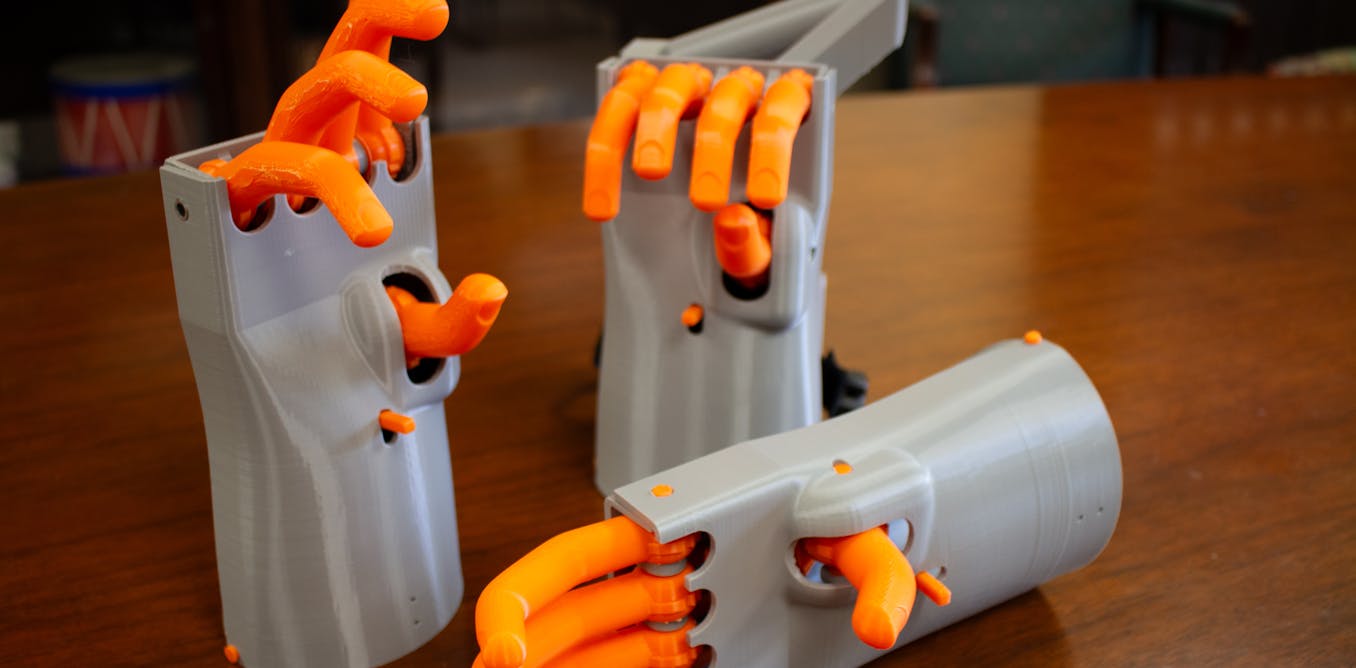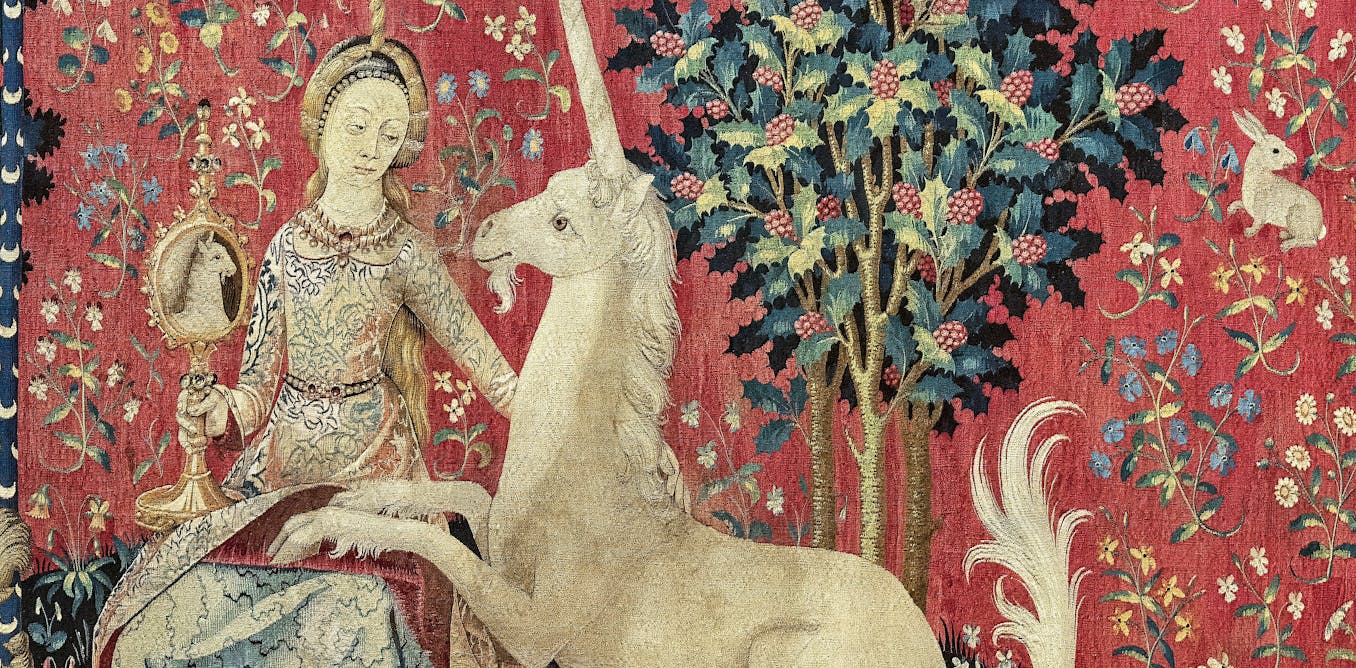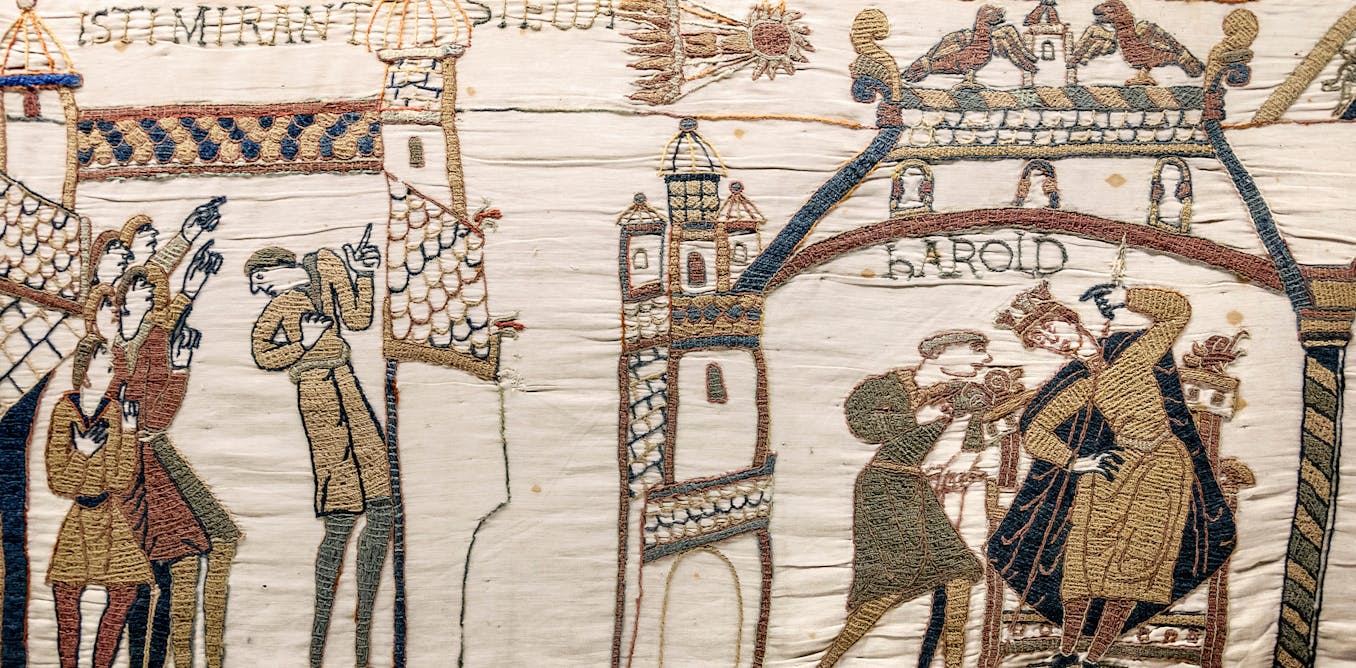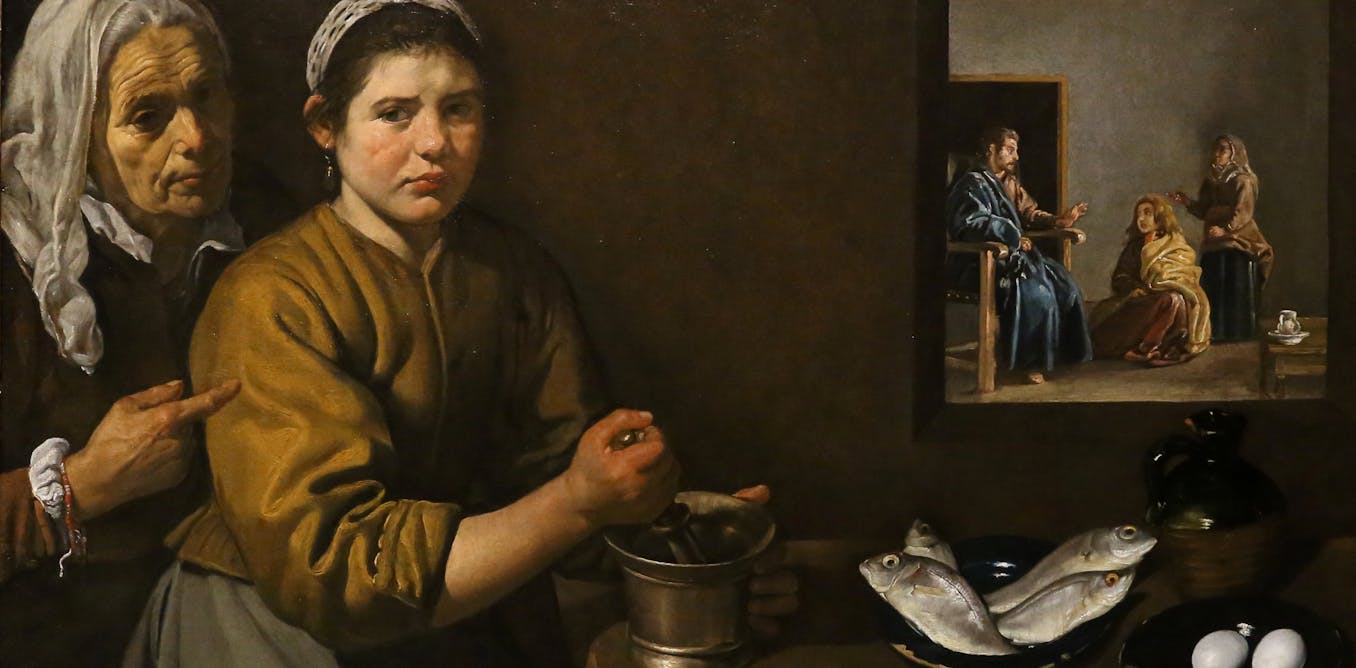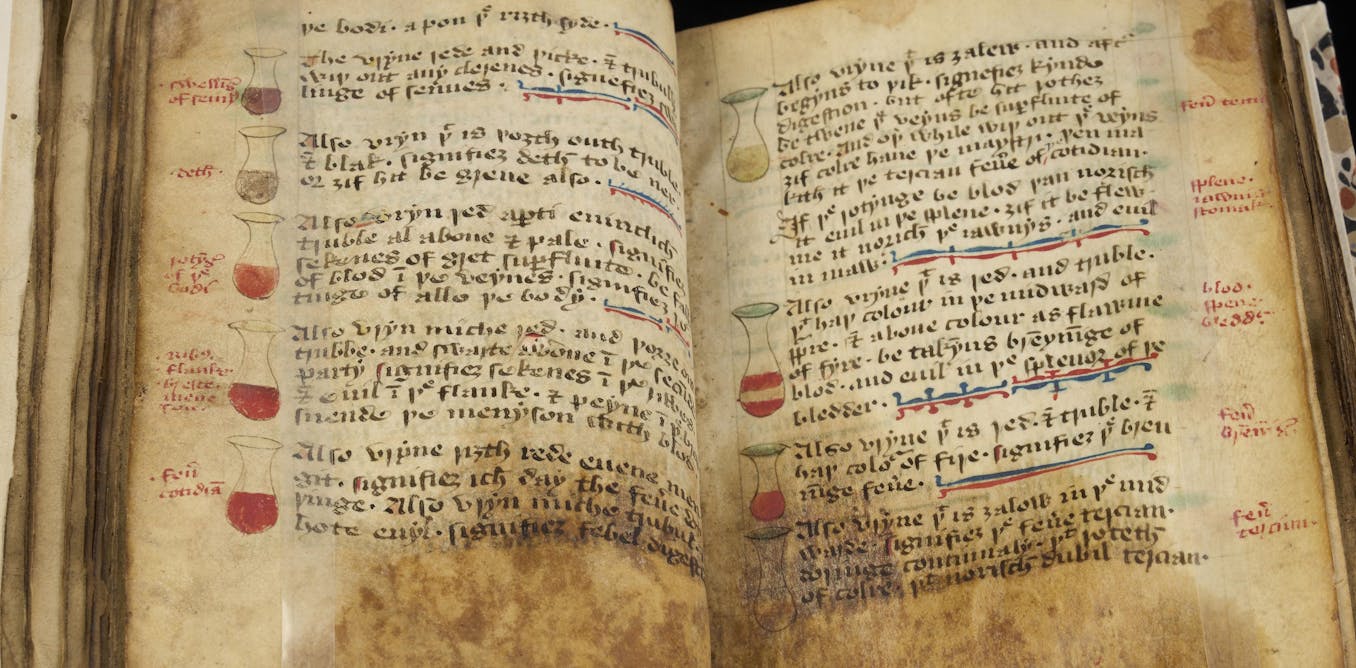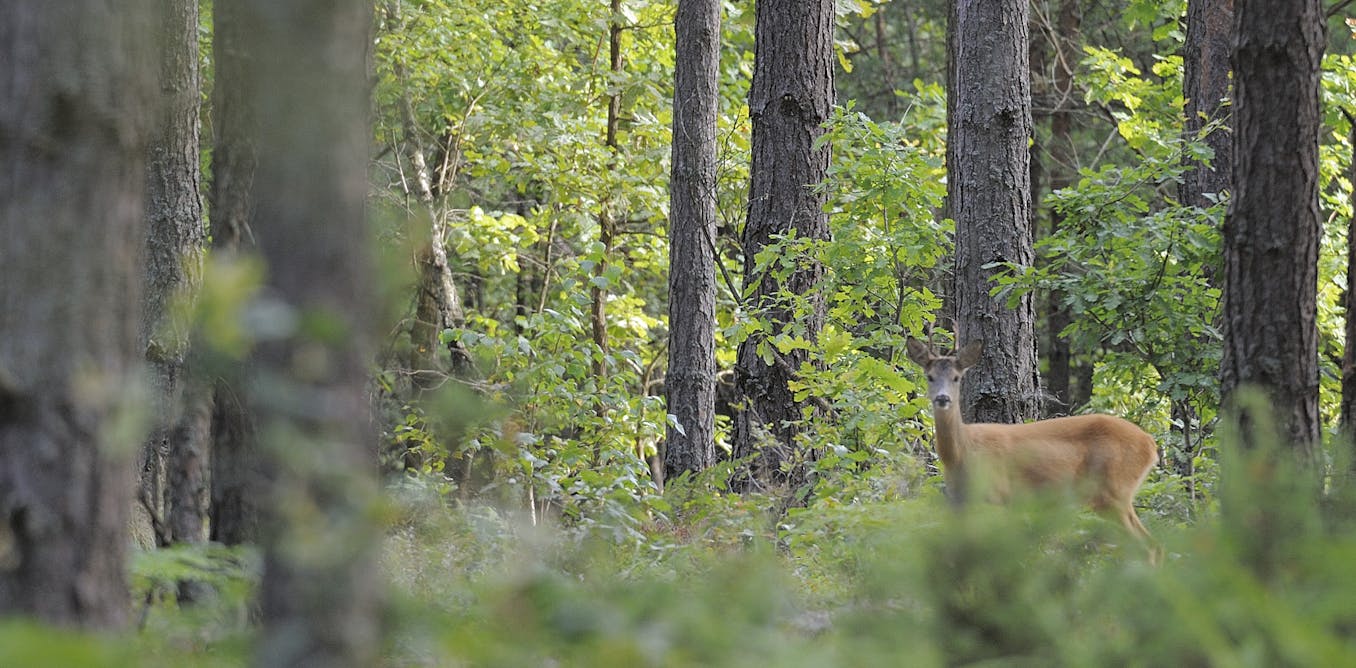Trans people affirmed their gender without medical help in medieval Europe − history shows how identity transcends medicine and law
Surgery was rare and risky in the medieval period. Though medical options were limited, trans people were able to take transitioning into their own hands.
Feb. 18, 2025 • ~10 min
Modern surgery began with saws and iron hands – how amputation transformed the body in the Renaissance
Gunpowder warfare kicked off a new era of invasive surgery and prosthetic technology in Western medicine.
June 17, 2024 • ~12 min
How medieval chroniclers interpreted solar eclipses and other celestial events
Medieval scholars connected celestial events to changes that happened on the ground, such as the overthrow of the king.
April 4, 2024 • ~7 min
Hispanic health disparities in the US trace back to the Spanish Inquisition
Early modern societies in Latin America and Spain saw a convergence of traditional medical knowledge and the professionalization of medicine. The resulting differences in access to care endure today.
March 5, 2024 • ~10 min
Modern medicine has its scientific roots in the Middle Ages − how the logic of vulture brain remedies and bloodletting lives on today
Your doctor’s MD emerged from the Dark Ages, where practicing rational “human medicine” was seen as an expression of faith and maintaining one’s health a religious duty.
Nov. 2, 2023 • ~10 min
Manuscripts and art support archaeological evidence that syphilis was in Europe long before explorers could have brought it home from the Americas
The idea that Europeans brought new diseases to the Americas and returned home with others has been widely accepted. But evidence is mounting that for syphilis this scenario is wrong.
July 13, 2022 • ~10 min
/
1

